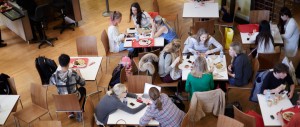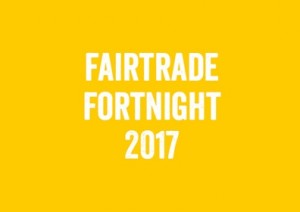This blog is the fourth in a series of four posts on Sustainability Month 2021.
SWEET & SUSTAINABLE: FAIRTRADE VEGAN GLUTEN-FREE CHOCOLATE BROWNIE BAKING CLASS WITH KING’S FOOD
Ending the month on a sweet and sustainable note, we learned how to make King’s Food’s delicious Fairtrade vegan and gluten-free brownies.
This event, along with the Fairtrade Fortnight Launch event we hosted on 22 February, marked the Fairtrade Fortnight festival which ran from 22 Feb to 7 March.
What is Fairtrade Fortnight?
Fairtrade is about better prices and working conditions for producers, as well as improving local sustainability. By working with farmers, businesses and consumers, Fairtrade sets social, economic and environmental standards for food production.
In addition to bringing awareness to the Fairtrade accreditation and its impact on producers, this year’s festival focused on ‘Climate, Fairtrade and You,’ delving into the complex links between farmers, global food production, what we put in our plates and the climate crisis. If you’d like to learn more about these issues, catch up on the wonderful events from this year’s Fairtrade Fortnight.
What is King’s doing to support Fairtrade?
All tea, coffee and chocolate at King’s and KCLSU is certified as Fairtrade. King’s Food has also worked to remove unsustainable brand such as Coca Cola, to more ethical and Fairtrade brands, such as Karma Cola. KCLSU even stocks some Fairtrade certified alcohol in the SU bars! King’s Sustainability Team, King’s Food and KCLSU run a quarterly Sustainable Food & Fairtrade Steering Group. This is open to any student or staff member at King’s to suggest sustainable ideas/projects and this is also where progress, such as King’s’ Fairtrade accreditation is reported on.
Recordings of the events can now be found on our Kaltura.
If you’d like to stay in touch, sign up for our monthly newsletter and follow us on Instagram, Facebook or Twitter.

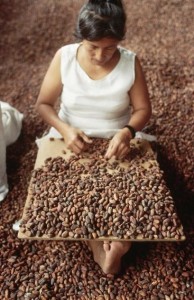
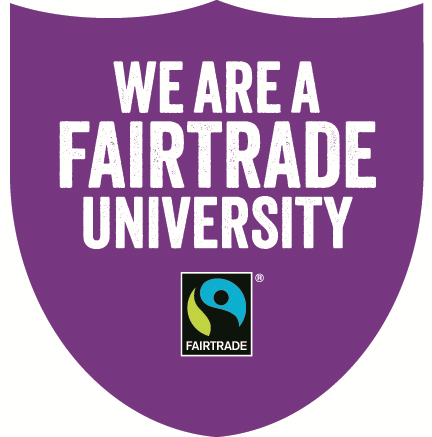
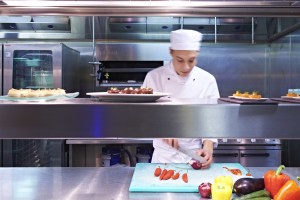
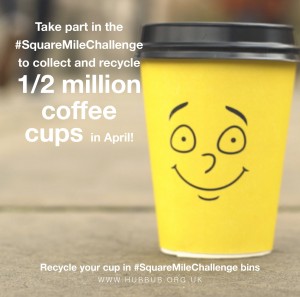
 With more and more companies now offering Fairtrade chocolate, Easter is the perfect opportunity to support the scheme. The
With more and more companies now offering Fairtrade chocolate, Easter is the perfect opportunity to support the scheme. The  ood, Easter can also be a great time to enjoy the (hopefully) warm weather! With the stressful exam period coming up, making use of green spaces can help clear your mind – even if you don’t have time for extended walks, you could move your workspace outside for a few days. There are plenty of green spaces around London (e.g. Richmond Park, Southwark Park, Primrose Hill, Hampstead Heath etc.), and if you want to get your hands dirty, you can try out some
ood, Easter can also be a great time to enjoy the (hopefully) warm weather! With the stressful exam period coming up, making use of green spaces can help clear your mind – even if you don’t have time for extended walks, you could move your workspace outside for a few days. There are plenty of green spaces around London (e.g. Richmond Park, Southwark Park, Primrose Hill, Hampstead Heath etc.), and if you want to get your hands dirty, you can try out some 